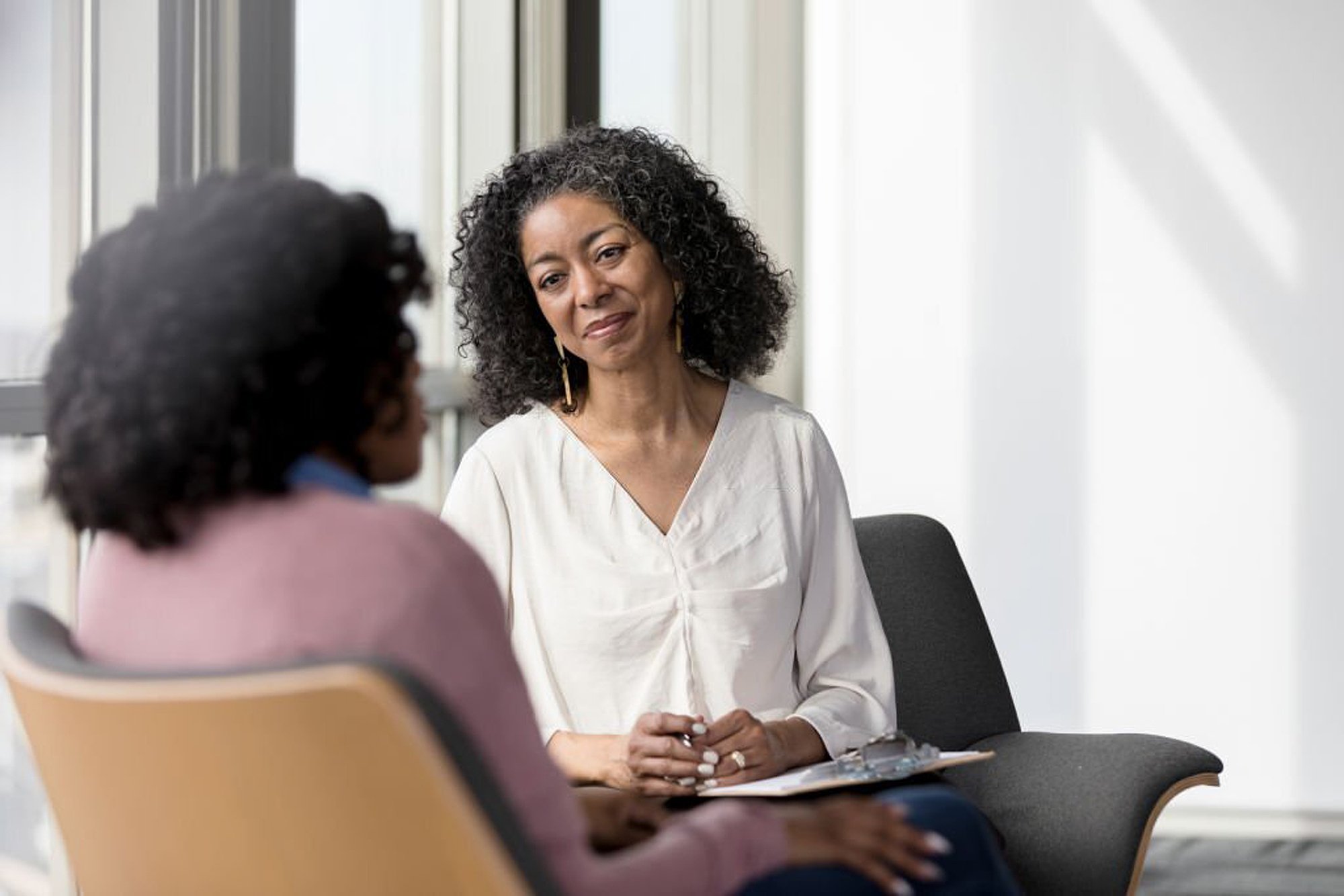Prime
The role of counselling in mental health

If you are to work effectively with your counsellor, you should feel safe and able to take risks by disclosing and discussing sensitive issues. Photo/www.gettyimages.com.
What you need to know:
- Counselling can help individuals overcome previous trauma or mental and emotional roadblocks so they can reduce stress and anxiety, avoid emotional triggers, form healthy relationships, and take other positive steps.
At the start of May, a report from the Ministry of Health revealed that about 14 million Ugandans suffer from a mental illness. Many people have mental health challenges such as stress, anxiety and depression but cannot open up to family members or friends.
According to Ali Male, a counselling psychologist, while seeking counselling is a personal decision, certain factors may indicate that you need help.
“Perhaps you talked yourself out of it or convinced yourself that if you just wait, the problem might go away. Counselling changes not just the lives of individuals, but of families and communities,” Male says.
Adrian Ivan Kakinda, a counselling psychologist and the public relations officer Uganda Counselling Association (UCA), says knowing when to see a therapist can be a little challenging sometimes since everyone has a bad day or goes through a rough patch every now and again.
However, if your issues or thoughts are negatively affecting relationships, work or school, or are leading to unhealthy coping behaviours, have problems controlling your emotions, increase self -awareness, improve relationships or manage stress, you should consider help.
Kakinda says, “Counselling is also helpful to those who feel persistently hopeless, distressed around others, frozen with apathy or loss of interest in life in general, or have intrusive or anxious thoughts. Also, if you feel controlled by [your] symptoms or if [your] emotions could cause harm to yourself or others.”
For many people, it simply helps to have a caring person who can listen to them and offer informed advice and support. Addiction counsellors, for example, help a recovering individual develop mental habits that allow them to resist temptation and replace destructive behaviours with positive habits.
Others, especially those who have suffered from domestic violence, might need emotional support to regain feelings of self-worth and confidence. In many situations, counselling can help individuals overcome previous trauma or mental and emotional roadblocks so they can reduce stress and anxiety, avoid emotional triggers, form healthy relationships, and take other positive steps.
With the help of a caring counsellor, you can have the tools and support you need to start making positive changes on your journey to recovery.
Where to get counselling
The Uganda Counselling Association (UCA), Uganda’s largest single registration body for counsellors and psychotherapists, has more than 4,000 members spread across Uganda and about 48 corporate associates that include institutions of higher learning, HIV/Aids service organisations, and government departments.
You can reach them via their website www.ucaug.org or their social media platforms or call 0751263433 and ask for a professional counsellor referral.
Privately, the average cost of counselling services in Uganda ranges from Shs40,000 to Shs100,000 per session (depending on the region), according to a 2021 report by UCA. When seeing a counsellor in person, you are likely to be billed per session. There are instances, however, when you would be billed a monthly fee, such as for subscription-based services received through an app. Your average monthly cost depends on your per-session rate and session frequency.
If you have health insurance, you likely have co-pay for therapist visits. If your therapist is considered “out of network,” you may have to pay out of pocket, meaning you have to pay the entire fee. Some therapists also allow their patients to pay on a sliding scale, with or without insurance.
International agencies such as Strong Minds have joined the service delivery of mental health services by providing an online platform, where a person in need just dials *252# and chooses the option to get free professional counselling from strong minds. Free professional counselling services can be obtained from NGOs such as Taso and other government health centres and churches.
According to Kakinda, it is quite unfortunate that a country such as Uganda with escalating mental health issues has only one mental referral hospital in Butabika.
There are many private mental health facilities but are costly, which poses a big challenge to mental health service delivery to the general population. There is a lot of stigma associated with mental health and people who legitimately need the services are either afraid to access them or are prevented from getting help by their families.
How many sessions?
Counselling can take different forms depending on your needs and what type of therapy may be suitable. Most therapy takes place in planned, regular sessions which last for about 50 minutes.
“How often you see your counsellor and how many appointments you have depend on your individual circumstances, and will be agreed between you and your therapist. You might see a counsellor on your own, as a couple or family, or in a group with people who have similar issues. You might meet them face to face in their home, offices or clinic, or talk to them online or over the telephone,” Male says.
Note
Your relationship with your counsellor is important. If you are to work effectively together, you should feel safe and able to take risks by disclosing and discussing sensitive issues. That includes being able to give them honest feedback on how you feel about your therapy.
“Your counsellor will be impartial but understanding. They will listen to you without judgment and help you explore your thoughts and emotions. They may offer information, but they will not tell you what you should think or do. You will get the best results from your therapy if you are open and honest with your therapist,” Male says.




